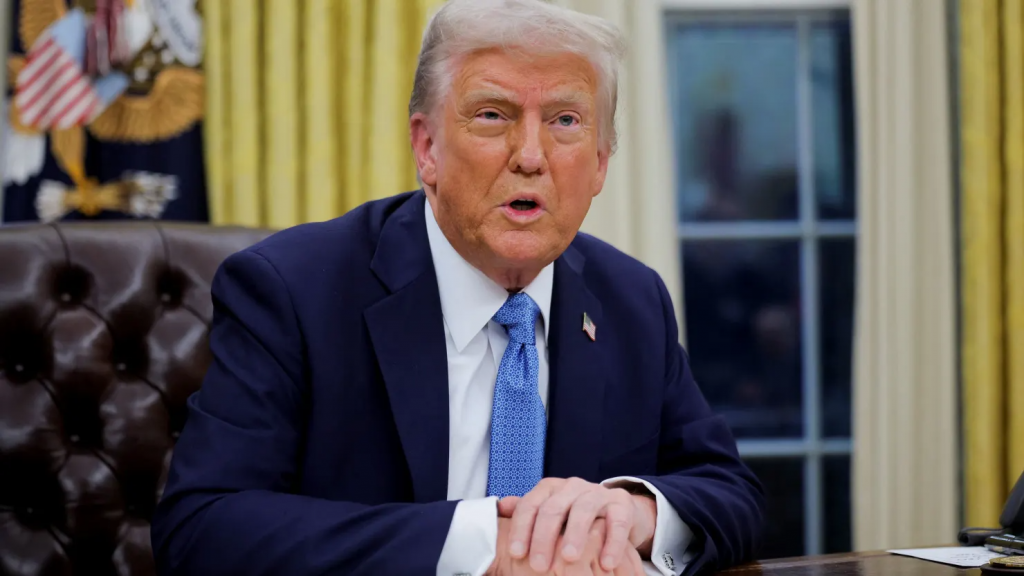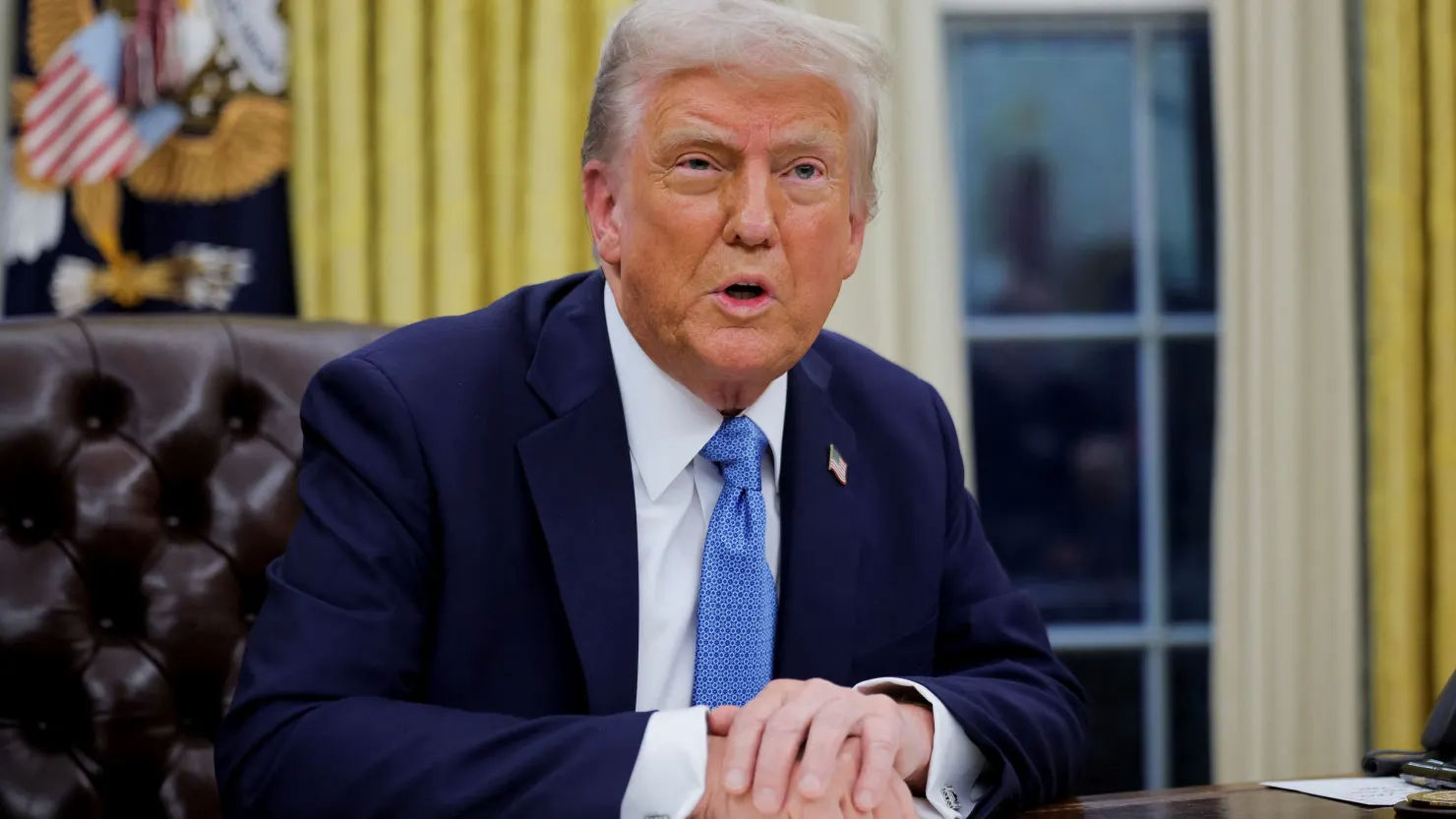04/02/2025
Trump Expands Tariff Measures to Mexico, Canada, and China
U.S. President Donald Trump has escalated his trade policies by imposing new tariffs on imports from Mexico, Canada, and China. The move, which has long been threatened, is aimed at leveraging economic pressure to address immigration and drug-related concerns while protecting American industries.
As CNBC reports, on Saturday, Trump signed an order imposing 25% tariffs on imports from Mexico and Canada, alongside a 10% duty on goods from China. Energy resources from Canada, however, will face a lower 10% tariff to mitigate disruptions to gasoline and home heating oil prices, according to a senior administration official.
The U.S. conducts approximately $1.6 trillion in annual trade with these three countries, and Trump is utilizing tariffs as both a negotiation tool and a means to influence foreign policy, particularly concerning illegal immigration and drug trafficking.
In a post on X, Trump cited his authority under the International Emergency Economic Powers Act (IEEPA), stating the tariffs were necessary due to “the major threat of illegal aliens and deadly drugs killing our Citizens, including fentanyl.”
“We need to protect Americans, and it is my duty as President to ensure the safety of all,” he added.
The tariffs on Canadian goods are set to take effect on or after 12:01 a.m. ET on Tuesday. The administration has not provided a timeline for when they might be lifted. A senior official indicated that a “wide range of metrics” would be considered in making that decision.
Furthermore, under the new directive, tariffs could escalate if any of the affected countries retaliate against U.S. policies.
Trump’s senior trade adviser, Peter Navarro, emphasized the economic and public safety rationale behind the tariffs in a CNBC interview, stating, “The number of people dying every year in America from fentanyl is eerily similar to the number of people that fit in the [New Orleans] Superdome, and that comes from China and Mexico.”
While tariffs are designed to shield domestic industries from foreign competition, economists broadly oppose them, arguing that they lead to higher prices for U.S. consumers. Trump, however, has consistently promoted tariffs as a strategy to negotiate better trade deals and strengthen domestic industries.

In the Oval Office on Friday, Trump asserted that his decision to impose tariffs on Canada, Mexico, and China was “pure economic,” dismissing concerns that they could drive inflation higher. However, economists worry that the tariffs could disrupt supply chains and reignite inflation at a time when price pressures have been easing. The Commerce Department reported that an inflation measure closely monitored by the Federal Reserve rose to 2.6% in December, though underlying indicators appeared more stable.
Trump has also vowed to extend tariffs to other sectors, including microchips, oil and gas, steel, aluminum, copper, and pharmaceuticals. Additionally, he has stated his intention to impose tariffs on European Union goods.
The tariff announcement has sparked backlash from congressional Democrats and concern among business leaders. John Murphy, senior vice president of the U.S. Chamber of Commerce, criticized the move, stating, “The imposition of tariffs under IEEPA is unprecedented, won’t solve these problems, and will only raise prices for American families and upend supply chains.”
United Auto Workers President Shawn Fain expressed support for tariffs that protect workers but cautioned against their use as a foreign policy tool, warning that factory workers should not be used as bargaining chips.
Federal Reserve officials are closely watching the economic impact of the new tariffs. Fed Governor Michelle Bowman noted the importance of understanding how the policies will be implemented and their broader effects on the economy.
Meanwhile, House Committee on Agriculture Chairman Glenn “GT” Thompson, R-Pa., praised Trump’s tariff policies as effective in ensuring fair trade. He cited Colombia’s reversal on accepting repatriated criminal migrants as evidence of the tariffs’ influence.
“I look forward to working alongside President Trump to support our hardworking producers and to make agriculture great again,” Thompson stated.
As Trump continues his aggressive trade stance, the global economic landscape faces new uncertainties, with potential retaliatory measures from affected nations looming on the horizon.
Share:











